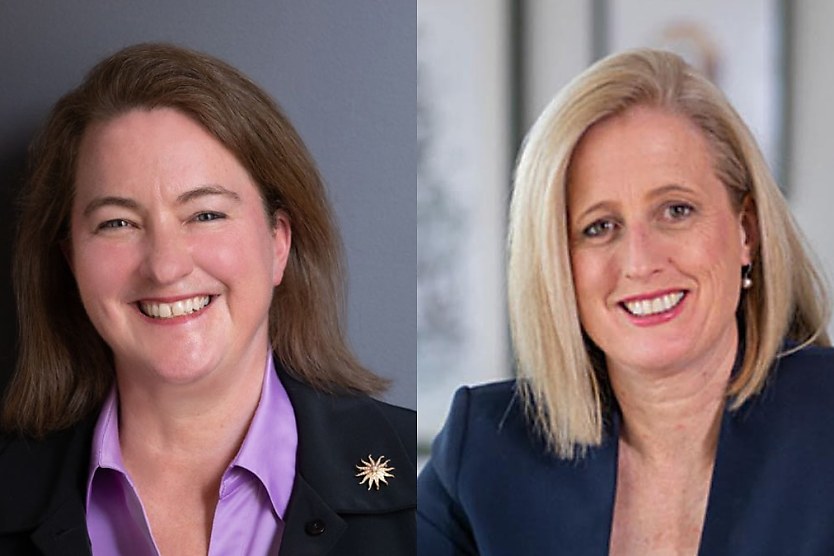
The Workplace Gender Equality Agency (WGEA) has announced that Australian employers with 500 or more employees are now required to choose three gender equality targets to commit to.
Nearly 2,000 Aussie employers fall under the new directives established by WGEA, requiring businesses to choose three gender equality targets from a menu of “numeric and action-orientated targets”.
These new requirements are new amendments to the Workplace Gender Equality Act, which passed Parliament on Wednesday night (26 March). Each employer will have a total of three years to either achieve, or make progress on, each of their selected targets.
According to WGEA, target setting is a key lever to achieving gender quality within the Australian workplace. WEGA data shows that 56 per cent of the employers covered by these reforms are already setting gender equality targets, with one-third already setting three or more targets, already meeting the new directives.
Employers that fail to select, make progress, or achieve the targets will, therefore, fail to comply with the act and run the risk of being unable to tender for certain Commonwealth contracts – they also risk being publicly named without a reasonable excuse.
WGEA chief executive Mary Wooldridge praised Minister for Women Senator Katy Gallagher for delivering on the “crucial reforms”, which she believes will accelerate employer actions.
“While many employers are making great progress on gender equality, there is also a large group of employers who are not,” said Woolridge.
“Employers indicate that even when they are aware they have a significant gender pay gap, many haven’t taken action to reduce it.
“Targets are specific, time-bound and measurable objectives that set a benchmark for employers to work towards. The evidence available shows they are effective in driving real change.”
WGEA is set to work closely with employers over the next 12 months to best prepare by helping “implement the new requirements, including providing details on the menu of targets that can be selected and resources, masterclasses and direct advice on how they can effectively choose, and then achieve, the targets they set”.
Each employer’s targets will be on the data explorer of the WGEA website, with the outcomes and progress on the targets also being available at the end of the period.
“By introducing a target-setting requirement, Australia is ensuring large employers are publicly accountable to take action and make demonstrable progress towards gender equality,” Woolridge said.
Employers in the private sector will select their targets in 2025–26 Gender Equality Reporting to WGEA between 1 April and 31 May 2026, followed by public sector employers in September (submission period from 1 September–31 October 2026).
Speaking on the changes and the potential impact, Sabrina Scherm, customer advocacy manager at HiBob, noted that the gender pay gap (GPG) data alone was proving to be “insufficient”.
“Parliament’s decision to mandate gender equality targets for large employers is a significant and necessary step in closing Australia’s gender pay gap. While transparency is essential, data alone has proven insufficient. It’s one thing to be aware of the gender pay gap, but this didn’t move the needle, and enforced action is long overdue.
“HiBob’s latest research shows that while half of women (51 per cent) say their organisation is addressing the gap, 37 per cent still believe their employer will never prioritise closing it – an alarming increase from 31 per cent last year and a clear indicator that a refreshed approach is needed,” Scherm said.
“Genuine progress requires more than just good intentions, it needs concrete, measurable action. But these targets should be treated as just the beginning, especially as men are still being disproportionately promoted over women – 41 per cent of men were promoted last year compared to 25 per cent of women.”
“The next 12 months are critical, and the legislation’s true impact will hinge on how effectively employers translate these targets into tangible progress.”
RELATED TERMS
The term "gender pay gap" refers to the customarily higher average incomes and salaries that men receive over women.
Kace O'Neill
Kace O'Neill is a Graduate Journalist for HR Leader. Kace studied Media Communications and Maori studies at the University of Otago, he has a passion for sports and storytelling.










